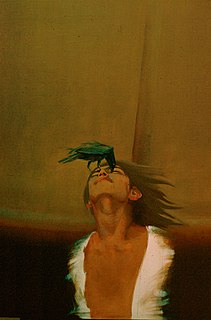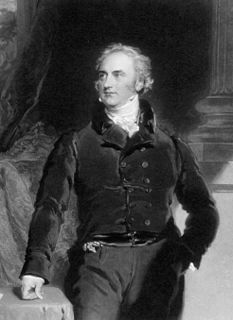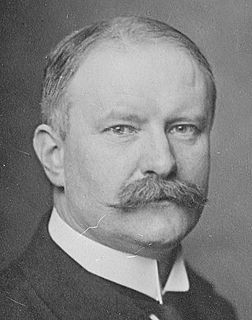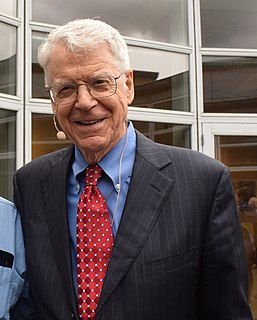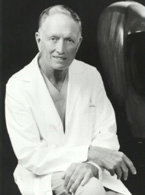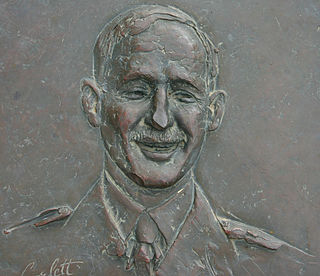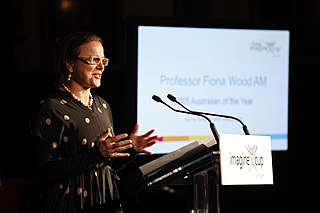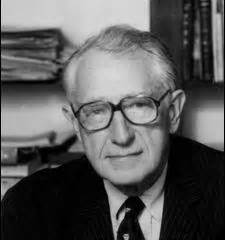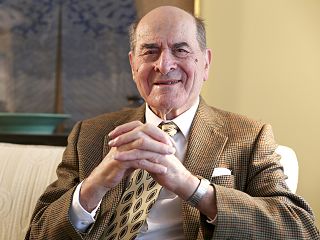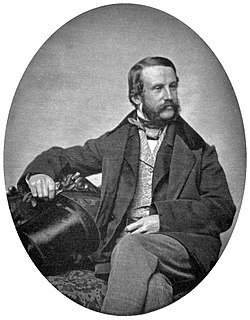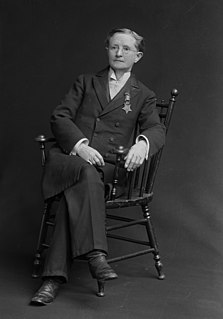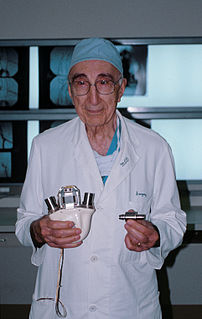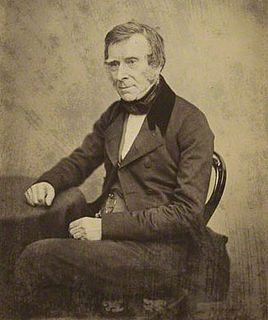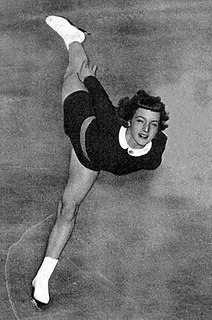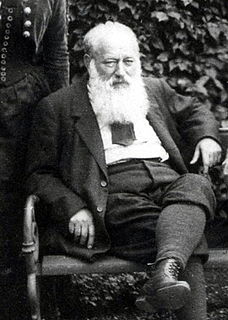A Quote by Philibert Joseph Roux
Philosophers call God the great unknown The great misknown is more like it!
Related Quotes
There is nothing little in God; His mercy is like Himself-it is infinite. You cannot measure it. His mercy is so great that it forgives great sins to great sinners, after great lengths of time, and then gives great favours and great privileges, and raises us up to great enjoyments in the great heaven of the great God.
There are three ways that men get what they want; by planning, by working, and by praying. Any great military operation takes careful planning, or thinking. Then you must have well-trained troops to carry it out: that's working. But between the plan and the operation there is always an unknown. That unknown spells defeat or victory, success or failure. It is the reaction of the actors to the ordeal when it actually comes. Some people call that getting the breaks; I call it God. God has His part, or margin in everything, That's where prayer comes in.
Preachers are not sermon makers, but men makers and saint makers, and he only is well-trained for this business who has made himself a man and a saint. It is not great talents nor great learning nor great preachers that God needs, but men great in holiness, great in faith, great in love, great in fidelity, great for God - men always preaching by holy sermons in the pulpit, by holy lives out of it. These can mold a generation for God.
There comes the baffling call of God in our lives also. The call of God can never be stated explicitly; it is implicit. The call of God is like the call of the sea, no one hears it but the one who has the nature of the sea in him. It cannot be stated definitely what the call of God is to, because his call is to be in comradeship with himself, for his own purposes, and the test is to believe that God knows what he is after.















